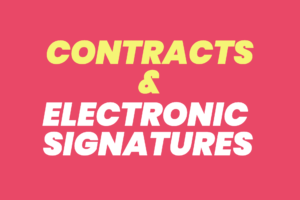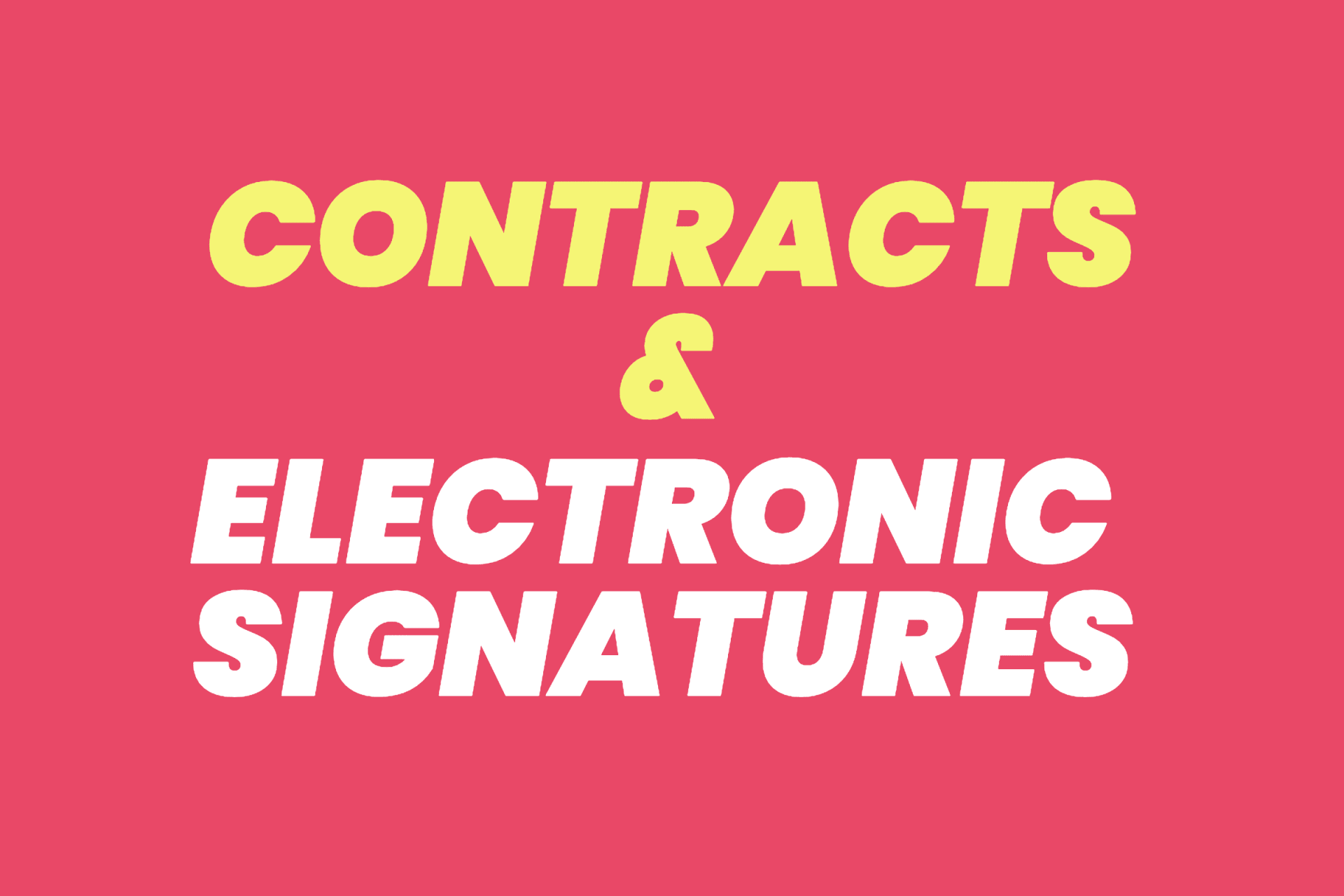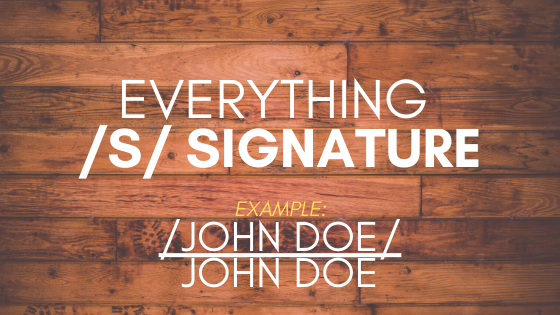Protecting Contracts Using Electronic Signatures
Susie Morrow
Here’s the scenario: You’ve been working for weeks to get a particular client onboard. Having sent over samples and pointing them to real-world examples of your work, you finally agree on a contract going forward. The contract has all of the agreed terms and expectations of the job. This contract is valuable to you and encapsulates the work to be performed, ensuring that you both work to a common goal. It is your virtual handshake and as such, your protection if something should go wrong. But the contract is digital and requires a legal online signature, how do you square that round?
One thing that contracts can do, that a handshake can’t, is to record evidence that you actually agreed to those terms; this evidence is in the form of an electronic, legal, signature.
What is an electronic signature and is it really legal?
Digital signatures go back quite a few decades, but real acceptance, as a legal signature, has only become apparent since electronic signatures have become enshrined in law. Many countries across the world have brought in such laws and directives, to ensure that electronic signatures have a legal standing. For example, the Uniform Electronic Transactions Act (UETA) that came into force in 1999 and the ESIGN Act of 2000. The basic premise of each approach to the legal status of electronic signatures is that they have the same place in law, as pen and ink signatures.
Electronic signatures come in a number of forms. However for an electronic signature to carry legal weight it has to be able to handle a number of things.
How are electronic signatures legally binding?
Lets think about what makes a pen and ink signature binding on a contract. So, prior to signing, the contact will be printed out, or written in ink, on paper. The signature, will typically, be signed, using a pen at the end of the contract, although sometimes, this signature will be placed on each page too. Often contracts will also be ‘notarized’ by a third party. A notary is legally able to witness signatures as they are applied. Notaries can be called to court if the contract is disputed to give evidence that the contract is the aforementioned document, that the signatory was the person who signed the contract and when it was signed. If the contract is disputed, the integrity of the contract will be checked, to make sure no material changes have been made. With a written/printed out hard copy, it’s fairly easy to spot changes.
For an electronic signature to carry legal weight, so it can be held up in court as evidence of agreement to something, is has to be able to have all of the assurances of a hard copy version as described above. This means an electronic signature has to be able to perform the following:
- Signatory identity – being able to authenticate the signatory and apply a ‘signer ID’ that is unique to each signer. This is like a notary checking a signatory’s identity at the time of signing.
- Signature audit – have an audit trail that can be checked showing the time the signature was applied. This is actually above and beyond what a hard copy document can do and also allows detailed audit of multiple signatory information.
- Document integrity – ensure that the document can’t be changed after a signature is applied. This is a digital way of having checks and measures on an electronic document, so if even a period is changed to a comma, the change will show up and the signature become invalid.
The ApproveMe plugin and how it protects you
The ApproveMe plugin offers a number of features built to make your contract ironclad and protect you if the worst case scenario happens and you end up in court:
- Integrity: If you end up in court, you will need to prove non-repudiation. That is show that the person who signed the contract really did sign it and when they signed it; to repudiate, is to deny. ApproveMe creates an electronic signature using a number of identifying factors, which are then used to create a unique ‘Signer Party ID’. ApproveMe also makes the signer go through a two-step authentication procedure to add weight to the signing process itself.
- Security: The ApproveMe digital signature is based on encryption. This means that the document content is ‘encrypted’, sometimes called a ‘hash’ at the time of signing. This creates a unique document ID that can be compared to human DNA. If the gene that controls your eye color were modified, you would end up with different colored eyes. Similarly, if someone were to change anything in the encrypted contract, the document ID would change. If this happens the ApproveMe plugin causes the agreement to ‘self-destruct’ resulting in the electronic signature becoming invalid and the document contents reverting to their original form – all of this being audited.
- Admissible: For an electronic signature to be admissible in court it has to be complaint with the expectations of the various e-signing directives and laws – not all electronic signing products are. However, ApproveMe is fully complaint with UETA as well as the ESIGN act, making ApproveMe contract signatures fully admissible in court.
And one last thing, that is as important as anything said above. The application of electronic signatures needs to be as easy as putting pen to paper. We believe that we have cracked that nut with ApproveMe.
Because this is a Word Press plugin it becomes an integral part of your website, adding in trust to your contract workflow with your client. And if you have lots of contracts to sign, we can even make that process easier by setting up automated signing of contracts.
If you’re looking for free contract templates as well – we’ve got you covered.







